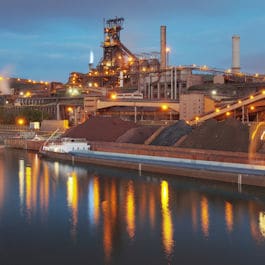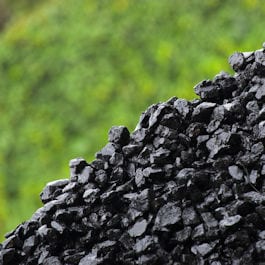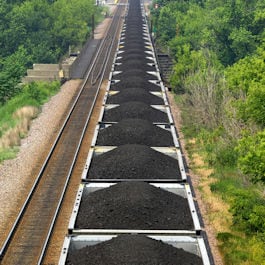Advancing Productivity and Local Sourcing for Tata Steel

Insight
As a major building block for buildings and infrastructure, it’s crucial that steel be well-made and reliable. But accessing and treating premium quality coal to create usable steel is a time- and resource-intensive process. Tata Steel is a steel manufacturing organisation based in India. The company was interested in identifying opportunities to increase their yield of high-quality coal product in the steel making process. The ability to produce high-quality coal would help minimise imports required for steel manufacturing, which would help save costs and support the Make in India initiative, which encourages organizations to source locally rather than importing resources.

Innovation
Building upon a decade-long partnership, the Nalco Water team worked with Tata Steel to optimise the process of removing ash from coal using NALFLOTE™ Flotation Aid™. To improve the quality of the coal that supports steel creation, ash needs to be removed from the coal using water during a process called ‘coal washing’. The more ash removed, the higher the quality of the coal. Typically, when removing ash content from coal, a portion of the coal becomes usable and a portion becomes waste.
Using NALFLOTE in the ash removal process helped improve the recovery of usable product while also reducing the amount of coal that is wasted at the end of the process. This helped minimise the amount of raw coal Tata Steel needed to source, allowing them to make better use of local resources. The flotation solution is a water-based, non-flammable and non-hazardous solution, which helped support Tata Steel’s safety goals.

Impact
Since the implementation of the programme, Tata Steel was able to reduce waste and natural resource use, enhance employee safety and reduce imports while increasing productivity in their operations. The reduced imports helped Tata Steel save operational costs, and the increased productivity improved Tata Steel’s overall profitability from the operation. When combined, the import cost savings and increase in production resulted in a $500,000 annual revenue increase.
Tata Steel was able to reduce waste and natural resource use, enhance employee safety and reduce imports while increasing productivity in their operations.
Annual Savings
PRODUCTIVITY
Improved plant productivity by 5,000 metric tonnes of clean coal
WASTE
Reduced 41,000 metric tonnes of raw materials
HUMAN HEALTH
Application of non-hazardous solution
Total Value Delivered
$500,000


